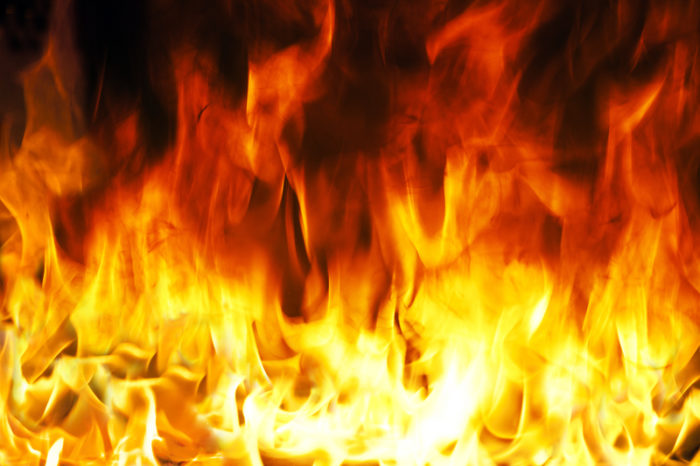
by Edwin J. Viera, Producer
Public News Service
As smoke from Canadian wildfires blankets New York and much of the East Coast, it’s causing a wide range of health effects – and not just for people.
According to the Environmental Protection Agency, the effects can be as minor as eye and respiratory-tract irritation, but worsening to asthma and even causing heart failure.
And humans aren’t the only ones feeling the effects of smoky skies – wildlife is compromised through loss of habitat, food and water sources.
Corina Newsome, a conservation scientist with the National Wildlife Federation, noted that climate change could make this a regular occurrence.
“With there being more frequent, more intense, longer-burning wildfires – and of course natural movement of air,” said Newsome, ‘we can absolutely expect to see wildfire smoke occurring in places where wildfires are not actually burning, like we’re seeing right now, being a more frequent experience.”
New York Gov. Kathy Hochul has ordered New York firefighters to help combat the Canadian blazes.
As for the Belmont Stakes this weekend, Hochul said she’s taking additional measures to protect racehorses and spectators – adding that if the air quality hits 200, the race will be canceled.
Some states dealing with the smoke will need to petition the EPA for what is known as an “exceptional event.” It’s the term for an unusual occurrence that affects air quality and cannot be reasonably controlled using traditional methods.
Otherwise, Russell Dickerson, Ph. D – professor in the Department of Atmospheric and Oceanic Science at the University of Maryland – said the EPA could possibly make states like New York and New Jersey responsible for air quality violations.
“We’re going to be in trouble with the EPA, because these are violations,” said Dickerson. “So, it’ll go to court to decide – are they going to blame the states? Because the states have the responsibility for fixing their air-quality problem, to a large extent. And these are violations. They’re going to put us over the top.”
The Senate Energy and Natural Resources Committee held a hearing on the impacts of escalating wildfires.
A spokesman for the Interior Department said the Bipartisan Infrastructure Law can help the U.S. deal with these kinds of blazes in the future. It provides over $1.5 billion for wildland fire research to help with risk reduction.
(Public News Service disclosure: National Wildlife Federation contributes to our fund for reporting on Climate Change/Air Quality, Endangered Species & Wildlife, Energy Policy, Water.)
Photo 26462188 / Fire © Tacettin Ulas | Dreamstime.com
















